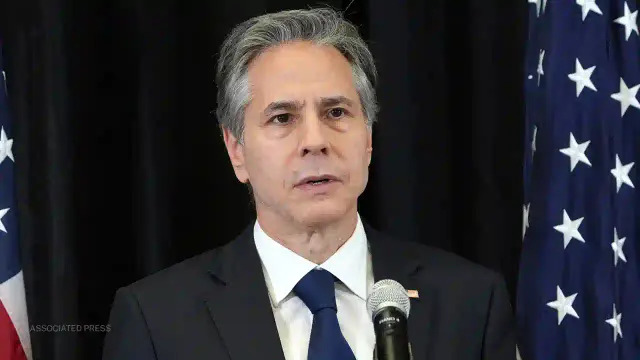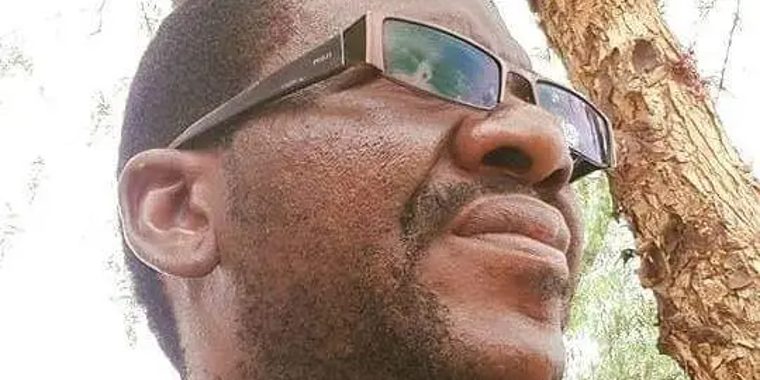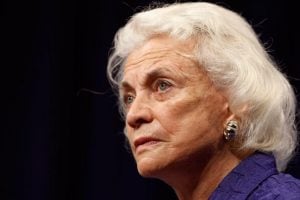
7.12.2023
11:08
The
United
States
Secretary
of
State,
Antony
Blinken,
has
introduced
new
regulations
aimed
at
individuals
who
undermine
democracy
in
Zimbabwe.
These
regulations
specifically
target
those
involved
in
election
rigging,
human
rights
violations,
and
abuse
of
the
judicial
system
during
electoral
processes.
Additionally,
the
policy
also
focuses
on
individuals
who
impede
the
operations
of
Non-Governmental
Organizations
(NGOs)
and
Civil
Society
Organizations
(CSOs)
due
to
the
implementation
of
the
Private
Voluntary
Organizations
(PVO)
Bill, NewZimbabwe reported
citing
Blinken.
Blinken
said:
Under
this
policy,
the
United
States
will
pursue
visa
restrictions,
pursuant
to
Section
212(a)(3)(C)
of
the
Immigration
and
Nationality
Act,
for
individuals
believed
to
be
responsible
for,
or
complicit
in,
undermining
democracy
in
Zimbabwe.Such
acts
may
include
manipulating
or
rigging
the
electoral
process;
disenfranchising
voters
or
preventing
individuals
from
exercising
their
right
to
vote;
excluding
members
of
the
political
opposition
from
electoral
processes;
restricting
the
ability
of
civil
society
organizations
(CSOs)
to
operate
and
engage
in
democratic,
governance,
or
human
rights
related
activities;
or
intimidation
of
voters,
election
observers,
or
CSOs
through
threats
or
acts
of
physical
violence.They
may
also
include
engaging
in
corrupt
acts,
including
bribery,
that
undermine
the
electoral
process;
interfering
with
the
independent
operation
of
the
judiciary
during
its
adjudication
of
electoral
cases;
or
abusing
or
violating
human
rights
in
Zimbabwe.
President
Emmerson
Mnangagwa’s
attempts
to
re-establish
a
relationship
with
the
United
States
have
faced
obstacles
since
he
assumed
power
in
2017.
Many
high-ranking
officials
in
the
ruling
Zanu
PF
party,
as
well
as
some
government
officials,
are
already
subject
to
U.S.
sanctions,
preventing
them
from
travelling
to
the
United
States
for
personal
reasons.
The
strained
relationship
between
the
two
countries
has
been
exacerbated
by
Zimbabwe’s
deteriorating
human
rights
record
and
the
disputed
August
elections,
which
did
not
meet
international
standards.
These
ongoing
issues
have
contributed
to
the
persistence
of
tensions
between
Zimbabwe
and
the
United
States.
Post
published
in:
Featured













 Jordan
Jordan
